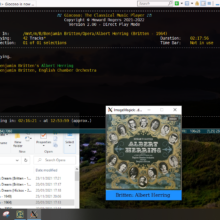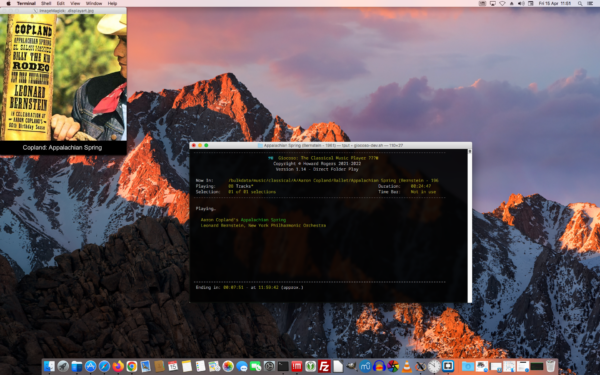Like everyone else, I expect, I had been aware that Queen Elizabeth II was in declining health and was unlikely to last much longer (though I personally had my fingers crossed that she'd last until her centenary, at which point she would have beaten Louis XIV to the title of longest-ever reigning monarch: that's the competitive historian in me, I guess!) I was nevertheless taken aback when the news broke that the decline had been faster, and more terminal, than anticipated.
I am neither ardent monarchist nor fervent republican: I just think the Head of State mostly does ceremonial duties and therefore the person performing the ribbon-cutting doesn't really matter. On the other hand, if you elect Heads of States directly, they tend to become Presidential and centers of power in their own right -which doesn't suit the Westminster system very well at all. Plus, certain Presidents (mentioning no names, but the French and US ones spring to mind) tend to behave as quasi-monarchs anyway, so if you're going that route, what's the difference?! Appointing former political leaders to the ceremonial Head of State role also doesn't sit well, I think: they have a past, and past allegiances and loyalties to mates, and one of the nice things about a hereditary Head of State is that they owe no-one any favours. It's quite a nice check-and-balance to have, in other words, where the ultimate referee of the constitutional game is beholden to no-one for their position. [...]











